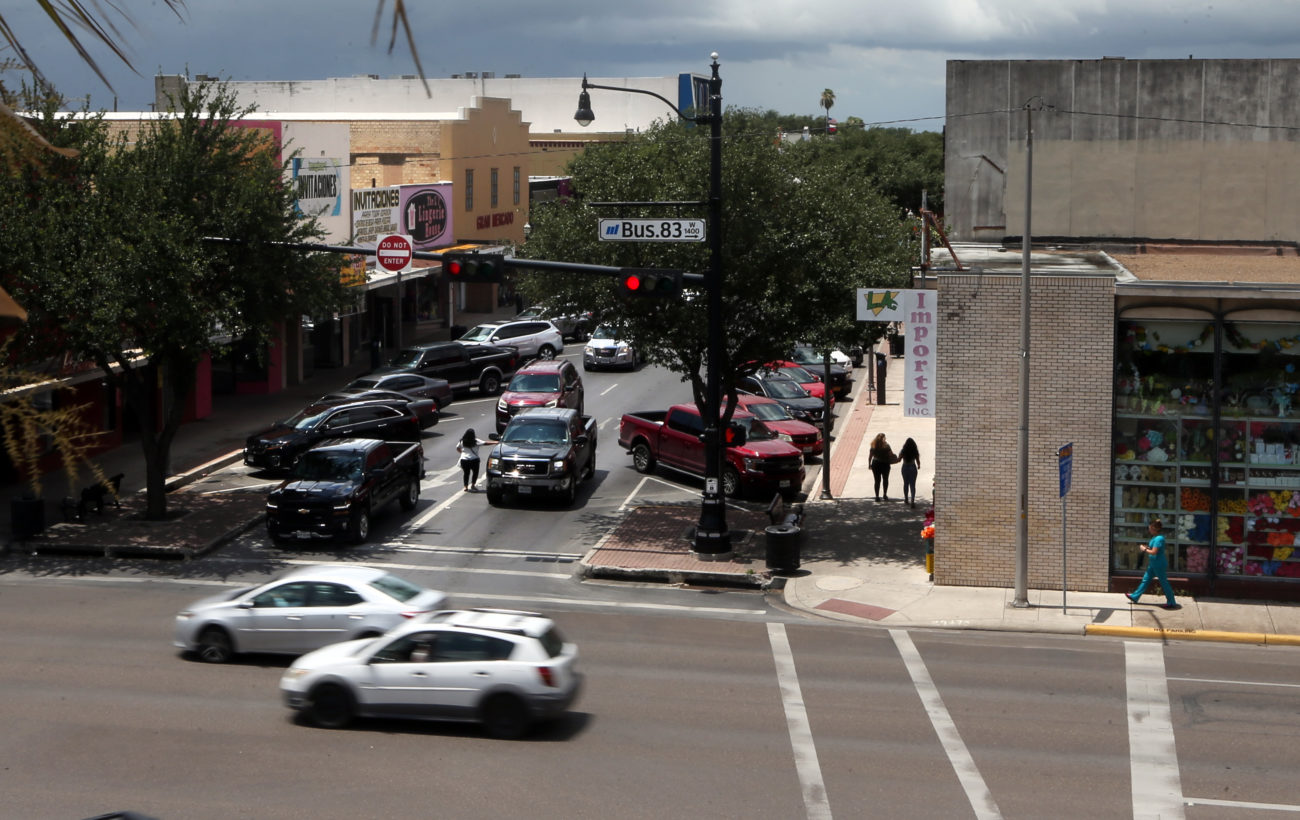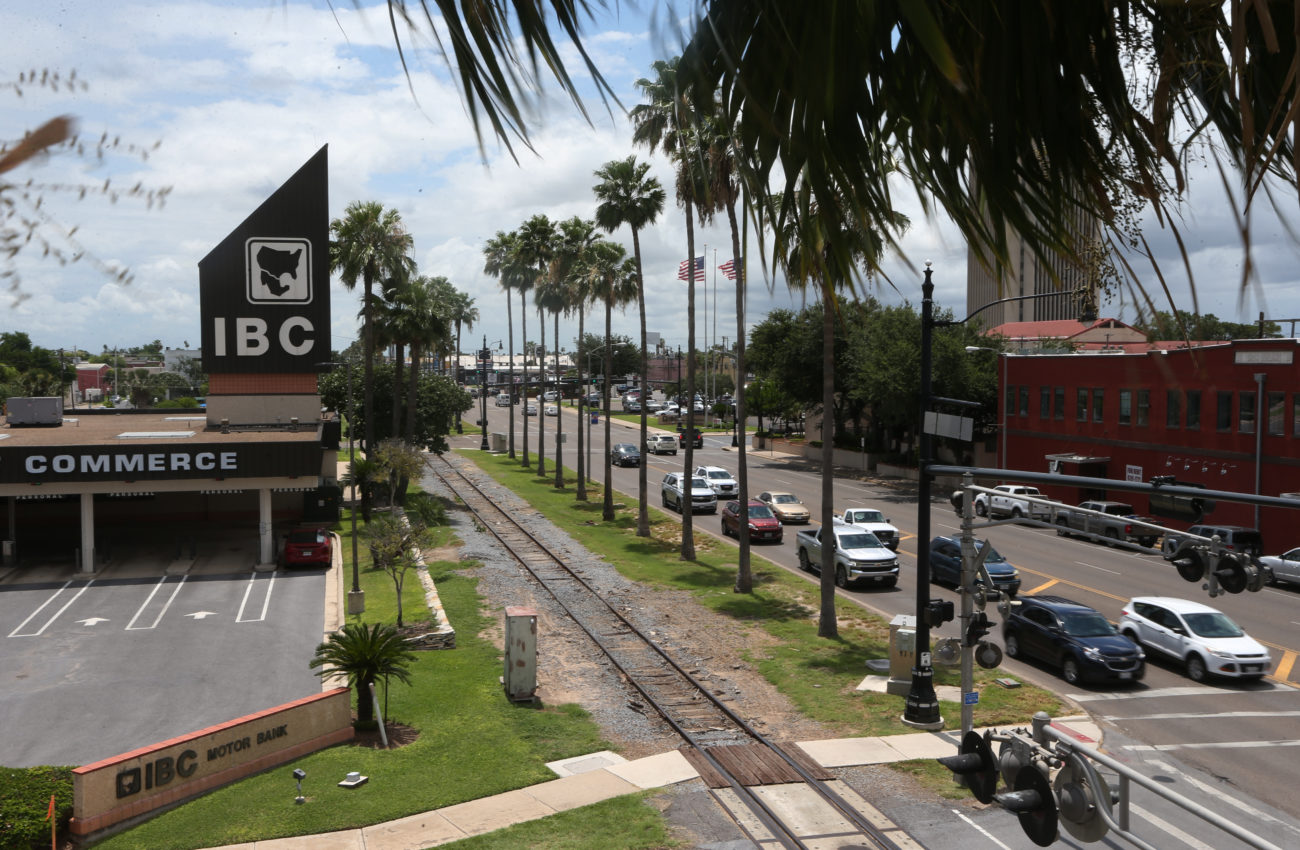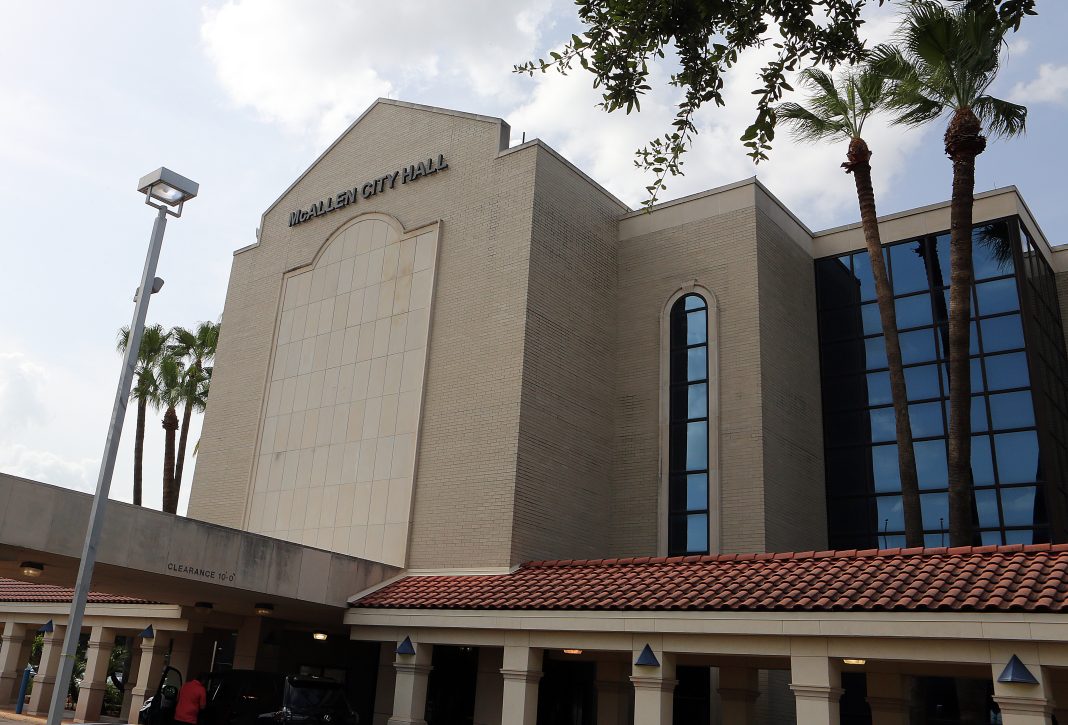We’ve never been in this good of shape in our history.
McALLEN — Two years after the COVID-19 pandemic forced a screeching halt to commerce and communities, the city’s finances have not only recovered, but have experienced healthy growth which has put the city on its best footing ever.
“In a nutshell, the city of McAllen is in a position that we’ve never been in. It is the best financial position we’ve ever been in both in revenue and with fund balances,” McAllen City Manager Roel “Roy” Rodriguez said.
Rodriguez attributed the bounce back to a combination of the city’s conservative budgeting and the local economy strengthening.
“The last few years when we saw that we were getting out of the pandemic, not only did we get out of it quickly, but the health of the economy here in our community just kept rising and rising and rising,” he said.
While the city’s expenditures went up due to things such as payroll increases and higher costs for materials like fuel, McAllen also saw revenue growth that outpaced that higher cost of doing business.
“The city of McAllen has a very healthy net position,” McAllen Finance Director Sergio Villasana Jr. explained during a joint meeting of the city commission and the McAllen Public Utility Board on Monday.
Across the various arms of the city — which includes two international bridges, the airport, the convention center and other revenue-generating operations — McAllen has amassed some $1.4 billion in assets.
The city also has a governmentwide “$493 million in liabilities, leaving (McAllen) a total net position of $897 million,” Villasana said.
The finance director presented the figures as part of the city’s annual comprehensive financial report for the fiscal year that ended Sept. 30, 2022.
The commissioners and PUB also heard from the city’s financial auditors, Austin-based Weaver and Tidwell LLC.
“We have issued an unmodified, clean opinion … that’s the highest level of opinion we are able to issue,” explained Adam McCane, partner-in-charge of Weaver and Tidwell.


McCane, a certified public accountant, further said the audit revealed no issues or concerns with the city’s recordkeeping and went as far as praising the fastidiousness of the finance department staff.
“The city goes above and beyond what is required by statute,” McCane said.
Overall, the city’s combined assets rose by $143 million during the last fiscal year.
That was due, in part, to sales tax collections coming in at $10 million more than the previous year, as well as a $21 million infusion of cash from the American Rescue Plan Act, Villasana explained.
Even as McAllen took on big-ticket commitments — including approving $63 million in debt to expand the Anzalduas International Bridge, the city’s overall fiscal health remains firmly in the green.
As for city hall itself, expenditures rose there, too.
The budget saw a $4 million increase in payroll expenses, in part, after implementing a 4% pay raise for public safety employees.
Repairs and maintenance costs also contributed to higher expenses, including $600,000 for fuel, $173,000 for repaving roads and $300,000 for facility maintenance, Villasana said.
Nonetheless, revenue growth more than offset the rise in expenditures.
Revenues in the general fund went up by $11.4 million, the finance director said. That allowed McAllen to expand its rainy day fund by nearly three months.
Policy requires McAllen to maintain at least 140 days of operation. The city’s conservative budgeting, however, allowed the city to sock away more than seven months’ worth of operating cash.
“We’ve been responsible as far as maintaining a responsible fund balance. We ended the year with 223 days of operation,” as of Sept. 30, 2022, Villasana said.
Since then, however, the city has reserved some $21 million as it considers a potential city hall expansion, Rodriguez, the city manager, said. But discussions on that idea remain ongoing.
Ultimately, Rodriguez was pleased with the city’s financial performance.
“We’ve never been in this good of shape in our history,” he said.




